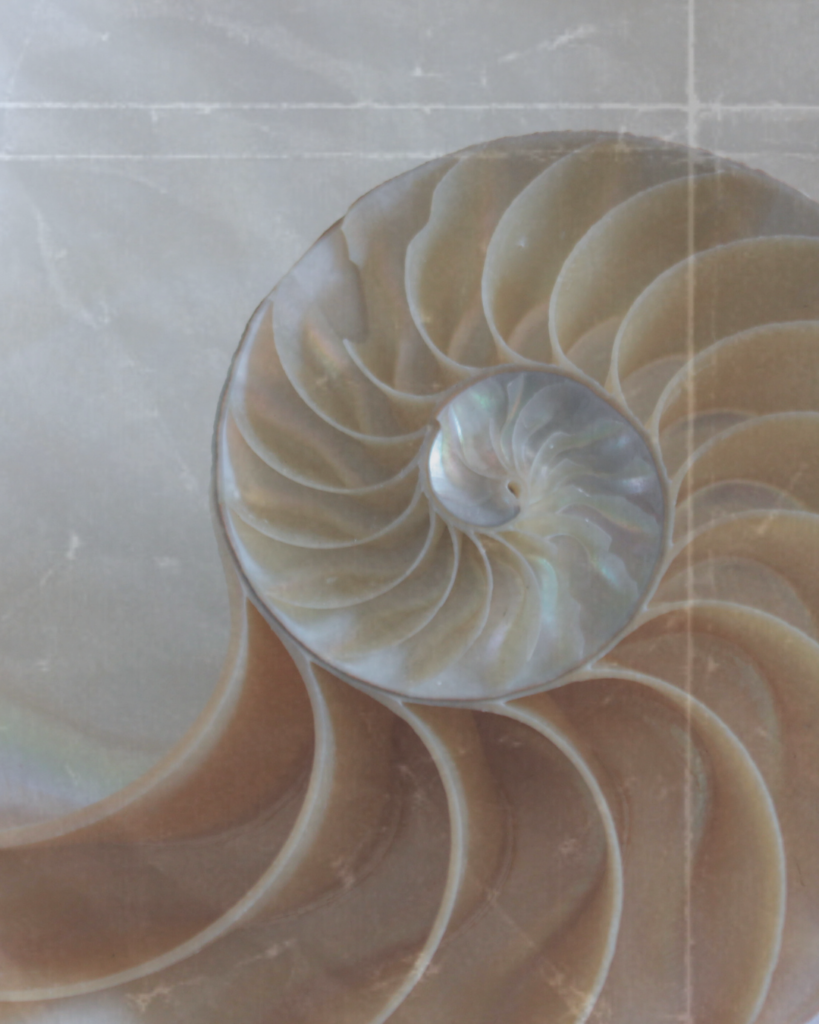
Exploring the Foundations and Science of Meditation
The practice of meditation brings us home to our most natural state of being, one that exists within all of us. The ancient practice of meditation, with roots tracing back thousands of years, transcends cultural boundaries to become a powerful tool for nurturing the mind, body, and spirit. Its origins trace back to ancient civilizations and spiritual traditions across the globe.
Meditation is a transformative practice that encourages the mind to focus inward, fostering a sense of calm and clarity through techniques such as mindfulness and breath awareness. It involves focusing the mind on a single object, cultivating present-moment mindfulness, promoting relaxation to reduce stress, engaging in self-reflection, and developing compassion.
Rooted in various cultures such as India, China, and ancient Egypt, meditation encompasses diverse techniques that all share a common goal: cultivating inner stillness, heightened awareness, and a profound connection with the present moment. From early Vedic traditions to Qigong, hieroglyphs depicting ancient Egyptians in meditative postures to vision quests and prayer, meditation is an innate thread woven into the rich tapestry of human culture, connecting us to our ancient quest for inner harmony and spiritual understanding. Through the ages, meditation evolved from its ancient origins to modern practices, adapting to the needs and aspirations of individuals seeking refuge from the chaos of daily life.
Foundations of Meditation
- Attention and Focus: Training the mind to concentrate on a single object, such as the breath, a mantra, or a visual image.
- Mindfulness: Cultivating present-moment awareness, observing thoughts, feelings, and sensations without judgment.
- Relaxation: Promoting physical and mental relaxation to reduce stress and anxiety.
- Self-Reflection: Using meditation to gain insight into the mind, behavior, and self.
- Compassion and Loving-Kindness: Developing empathy and compassion towards oneself and others through specific meditative practices.
The History of Meditation
Ancient Origins:
- Indus Valley Civilization (c. 5,000 to 3,500 BCE): Archaeological evidence suggests that meditation practices may have been present, as depicted in seal carvings showing figures in meditative postures.
- Vedic Traditions (c. 1500 BCE): Early forms of meditation are mentioned in the Vedas, ancient Indian scriptures, where it was practiced for spiritual growth and understanding.
Development in Other Traditions:
- Hinduism (c. 1500 BCE – present): Meditation has been a core practice in Hinduism, with texts like the Upanishads and the Bhagavad Gita outlining various forms and techniques.
- Buddhism (5th century BCE): Founded by Siddhartha Gautama (the Buddha), Buddhism developed numerous meditation practices aimed at achieving enlightenment and understanding the nature of suffering. Key practices include Vipassana (insight meditation) and Samatha (calm abiding meditation).
- Jainism (6th century BCE): Jainism emphasizes meditation for spiritual liberation and ethical living.
- Daoism (4th century BCE): Daoist meditation in China focused on harmonizing with the Dao (the Way) and achieving balance and health through practices like Qigong.
Spread and Evolution:
- Spread to East Asia: Meditation practices spread from India to China, Korea, Japan, and Southeast Asia, integrating into local religious traditions such as Zen Buddhism in Japan and Chan Buddhism in China.
- Western Interest (20th century): In the 20th century, interest in meditation grew in the West, influenced by figures like Swami Vivekananda and Paramahansa Yogananda, who introduced Hindu meditation practices. The popularity of mindfulness and Transcendental Meditation further expanded meditation’s reach.
Philosophies of Meditation
Hindu Philosophy:
- Union with the Divine: Meditation is a means to unite the individual soul (Atman) with the universal soul (Brahman). Practices like Yoga and various forms of Dhyana (meditation) are central to achieving this union.
- Self-Realization: Meditation is used to attain self-realization and enlightenment, realizing the true nature of the self beyond the ego and physical form.
Buddhist Philosophy:
- Four Noble Truths and the Eightfold Path: Meditation is essential in understanding the Four Noble Truths and practicing the Eightfold Path, particularly Right Mindfulness and Right Concentration.
- Anatta (Non-Self): Meditation helps practitioners realize the concept of anatta, the idea that there is no permanent, unchanging self. This understanding is crucial for liberation from suffering.
- Impermanence (Anicca): Meditation reveals the impermanent nature of all things, leading to a deeper understanding of reality and reducing attachment.
Daoist Philosophy:
- Harmony with the Dao: Daoist meditation aims to harmonize the practitioner with the Dao, the fundamental principle underlying the universe. Practices like Qigong and Tai Chi integrate meditation with movement to balance internal energy (qi).
- Naturalness and Effortlessness: Meditation in Daoism emphasizes wu wei, or effortless action, where one aligns with the natural flow of life.
Secular and Modern Perspectives
Psychological Benefits: Modern psychology recognizes the benefits of meditation for mental health, including stress reduction, improved focus, and emotional regulation (Mayo Clinic).
Mindfulness-Based Practices: Secular adaptations like Mindfulness-Based Stress Reduction (MBSR) and Mindfulness-Based Cognitive Therapy (MBCT) use meditation techniques to address psychological issues and improve overall well-being (American Psychological Association).
Modern Science of Meditation
Neurological Effects: Meditation has been shown to produce significant changes in the brain. Research using MRI and EEG scans has demonstrated that regular meditation practice can increase gray matter density in brain regions associated with memory, sense of self, empathy, and stress (Harvard Gazette).
Physiological Benefits: Meditation activates the parasympathetic nervous system, reducing stress markers such as cortisol levels and lowering blood pressure. It also improves heart rate variability (HRV), which is a marker of cardiovascular health (National Center for Complementary and Integrative Health).
Meditation for Modern Life
Meditation has a rich history and diverse philosophical foundations. It has evolved from ancient spiritual practices to modern secular applications, yet its core principles of attention, mindfulness, relaxation, self-reflection, and compassion remain constant. Whether practiced for spiritual growth, mental clarity, or emotional well-being, meditation continues to be a powerful tool for personal transformation and understanding the nature of the mind and reality.